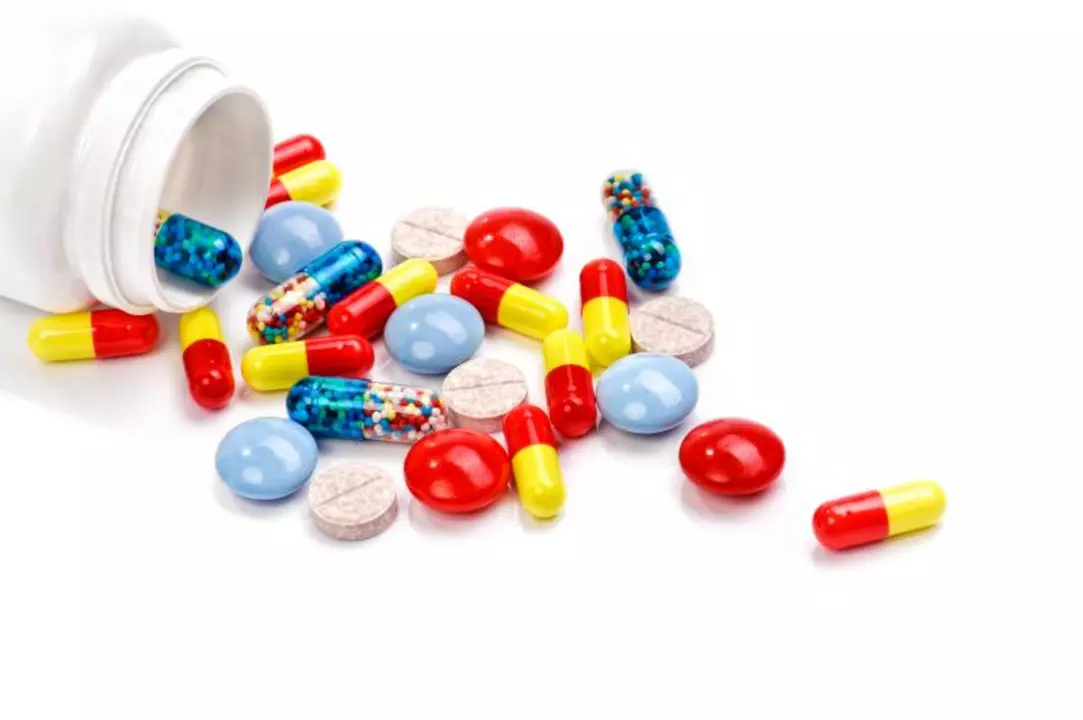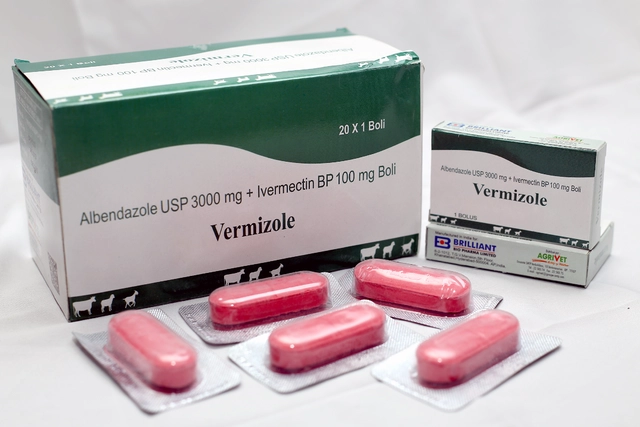Travel Health: Pack Smart and Keep Your Meds Safe
Travel changes routines fast — new time zones, different pharmacies, and rules that vary by country. If you take medicine regularly or might need drugs on the road, a little planning prevents big headaches. This page gives clear, useful steps you can use before and during any trip.
Before You Go: Prescriptions, Documentation, and Packing
Start with a list: all medications, doses, and how often you take them. Get a copy of each prescription and a short doctor’s note saying why you need the drug. Keep originals in their labeled pharmacy bottles; customs and security prefer that. Pack enough meds for the trip plus a few extra days in case of delays. Put a week’s supply in your carry-on so you won’t be stranded if luggage is lost.
Check the rules where you’re headed. Some countries restrict or ban certain drugs that are common at home. Research embassy or health authority pages to confirm legality. If a medication needs refrigeration, use an insulated travel case and a cold pack rated for travel. For insulin or other injectables, carry a needle disposal plan and a doctor’s letter explaining medical supplies.
On the Road: Storing, Dosing, and Finding Real Pharmacies
Keep meds in original packaging until you’re cleared by customs. Store them away from heat and moisture — hotel bathrooms are often humid. For time zones, plan dosing so you keep steady levels. If you cross many zones, ask your pharmacist how to space doses safely. Don’t guess with medications that require strict timing, like blood thinners or diabetes drugs.
If you need a refill, use reputable sources. Our site has guides on buying medications online safely — read those before ordering abroad. Look for online pharmacies that require a prescription, show a physical address, and use secure checkout. Avoid deals that seem too cheap; counterfeit meds are real and risky. If you must buy in person, choose a pharmacy connected to a clinic or hospital.
Pack a small travel first-aid kit with basics: pain reliever, anti-diarrheal, oral rehydration salts, antiseptic, and any antibiotics your doctor has approved for travel use. For suspected infections or serious symptoms, visit a local clinic rather than self-treating. If you plan remote trips, research where the nearest reliable medical facility is and how to get there.
Finally, keep digital copies of prescriptions and vaccination records in your email or a cloud folder. Share critical medical info with a travel companion. Travel should be about the experience, not worrying about meds — with these steps you’ll stay healthier and more relaxed on the road.
Want guides on specific drugs and safe online pharmacies? Check our posts on buying Nitrofurantoin, Glucotrol XL, and how to spot legit online pharmacies for more detail.

Apixaban and travel: Tips for managing your medication on the go
Traveling with Apixaban doesn't have to be a hassle! In my recent post, I've shared some tips on managing this blood thinner medication while on the go. It's crucial to maintain a consistent dosing schedule, so setting reminders can help you stay on track. Additionally, make sure to carry enough supply, and have a copy of your prescription handy in case of emergencies. Lastly, consult with your healthcare provider for any travel-related concerns, ensuring a safe and enjoyable journey.
Health and WellnessLatest Posts
Tags
- online pharmacy
- medication safety
- generic drugs
- medication
- dietary supplement
- side effects
- online pharmacy UK
- drug interactions
- mental health
- impact
- online pharmacies
- statin side effects
- dosage
- adverse drug reactions
- generic vs brand
- pediatric antibiotics
- antibiotic side effects
- FDA drug safety
- skin health
- health




